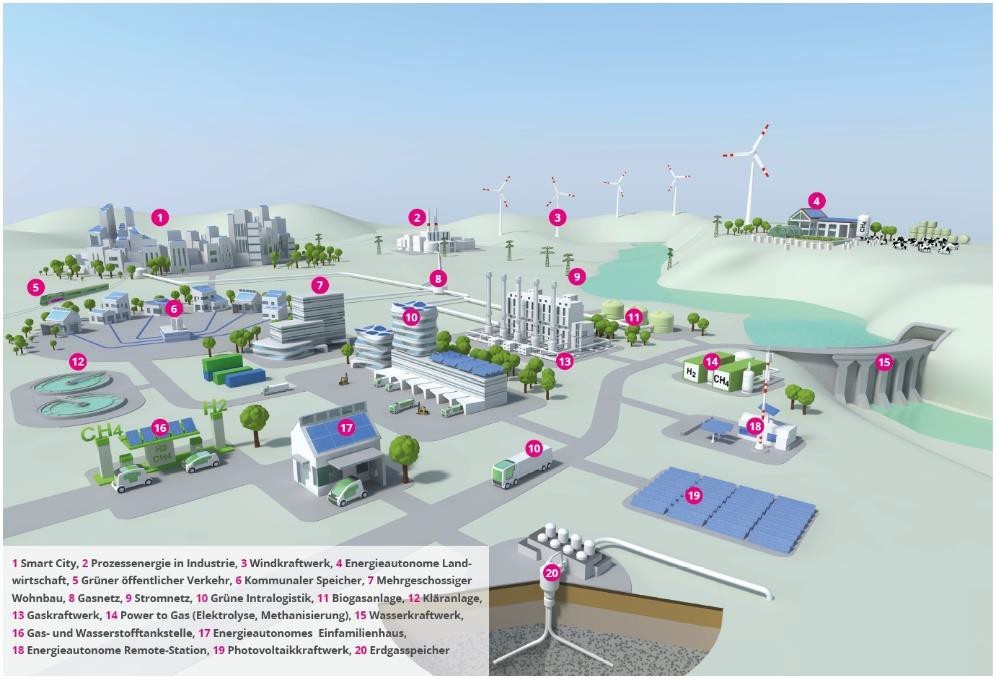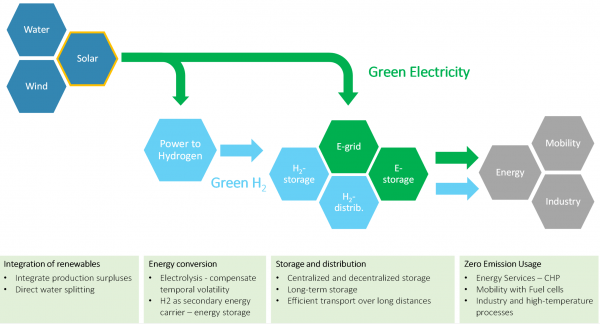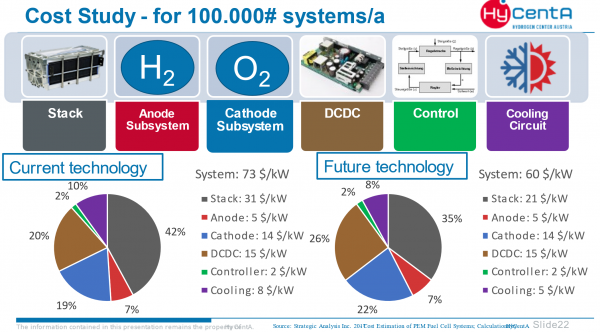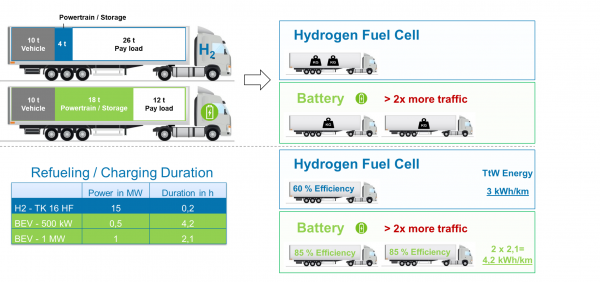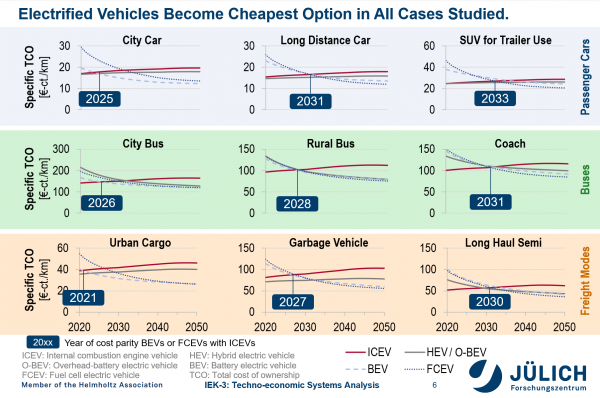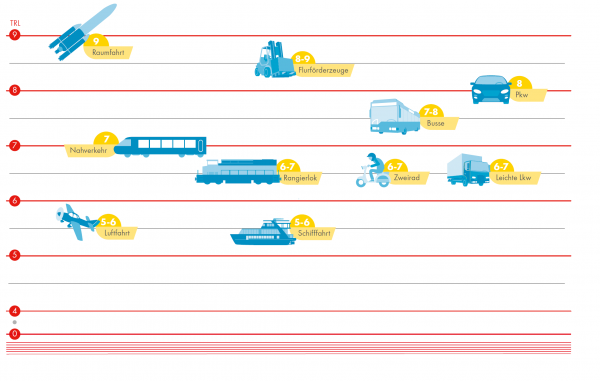IEA AFC Annex 34: Fuel Cells for Transportation (Working period 2019 - 2022)
Short Description
In order to be able to convert the transport sector to emission-free powertrains, more and more alternative options are currently being investigated and developed internationally. Hydrogen in combination with fuel cells is a particularly suitable option for ensuring the fastest and most efficient transition possible. Especially in public transport and commercial vehicles, fuel cells have decisive advantages over other new powertrain systems. Despite these undisputed advantages and many research activities in this field in Austria, the fuel cell-powered vehicle has not yet arrived in quantities on the Austrian or generally on the European market. Networking on an international level and establishing new cooperations creates opportunities to advance research and development and the conversion to alternative powertrains in Austria as well.
The Technology Collaboration Programme, TCP, of the International Energy Agency, IEA, supports internationally active expert groups in the elaboration of alternative energy technologies. The main objective of Annex 34: Fuel Cells for Transport Applications in the area of Advanced Fuel Cells is the continued development of fuel cell components and systems. In addition, well-to-wheel analyses ((consideration of the entire chain of effects from the extraction of the fuel to its conversion into kinetic energy), cost reduction potential assessments and technology research in general in the areas of passenger and freight vehicles, buses and infrastructure are part of the project content. The overall goal of the project is international networking and exchange of knowledge to establish hydrogen mobility in Austria.
Based on the research and demonstration projects for the mobility sector that have already been running in Austria for years, valuable findings could be introduced into international cooperation and further extended for a wide variety of applications. For example, a software tool was developed that allows the calculation of energy consumption for different hydrogen transport routes and can thus facilitate decisions in the future. The detailed exchange with the members of the project also helped to create a catalogue of measures to be able to implement hydrogen quickly and easily into our national energy system. In addition, scientific knowledge in the area of thermal management for heavy-duty motor vehicles and the development of a design methodology for passive recirculation of hydrogen in the anode subsystem of fuel cell systems were developed and shared with the scientific community. The different Annex representatives provided valuable input for Austria on the worldwide production and distribution of hydrogen. It also became clear through the international exchange that the decreasing total cost of ownership contributes to making hydrogen systems extremely attractive for all mobile applications. This simplifies the transfer of hydrogen storage and fuel cell systems to other applications such as ships and aircraft.
Project Images
Terms of use: The pictures listed underneath the header “Project Pictures” originate from the projects in the frame of the programmes City of Tomorrow, Building of Tomorrow and the IEA Research Cooperation. They may be used credited for non-commercial purposes under the Creative Commons License Attribution-NonCommercial (CC BY-NC).
Participants
Austria, China, Denmark, Finland, France, Germany, Israel, Italy, Korea, Sweden, USA (Operating Agent)
Contact Address
HyCentA Research GmbH
Inffeldgasse 15
8010 Graz
E-Mail: office@hycenta.at

